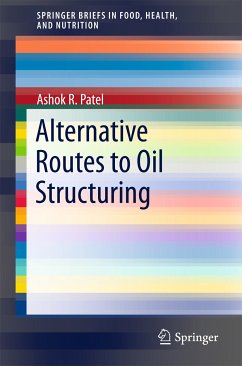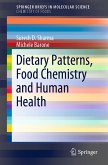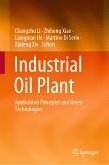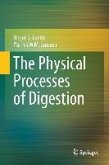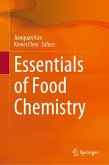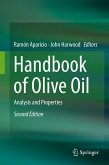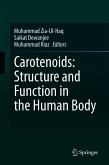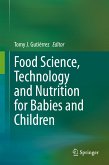The functional application of liquid oils in food product development is mostly accomplished by structuring them into soft, plastic-like materials. This structuring of oil is traditionally based on the fat crystal network formed by high melting triacylglycerol (TAG) molecules that are rich in trans and/or saturated fatty acids. Currently, due to the factors such as the requirement for trans- and saturated fat-free food products, sustainable manufacturing and ethical trade practices, the research in the area of identifying alternative routes to oil structuring (in the absence of trans and saturated fats) has been regarded as a 'hot topic' in the bio-scientific community. Oleogelation (gelling of liquid oil in absence of crystallizable TAGs) is one such alternative, which has recently attracted tremendous attention from researchers and industrial scientists working in the domain of food product development. The possibility of creating structured gels that contain a large amount of liquid oil (usually above 90 wt%) opens up many possibilities to develop food products with better nutritional profiles.
Dieser Download kann aus rechtlichen Gründen nur mit Rechnungsadresse in A, B, BG, CY, CZ, D, DK, EW, E, FIN, F, GR, HR, H, IRL, I, LT, L, LR, M, NL, PL, P, R, S, SLO, SK ausgeliefert werden.

